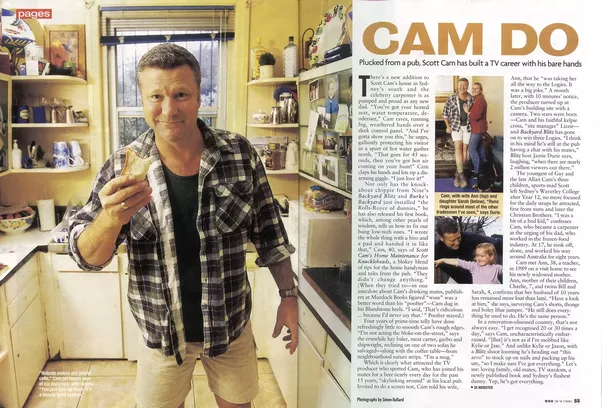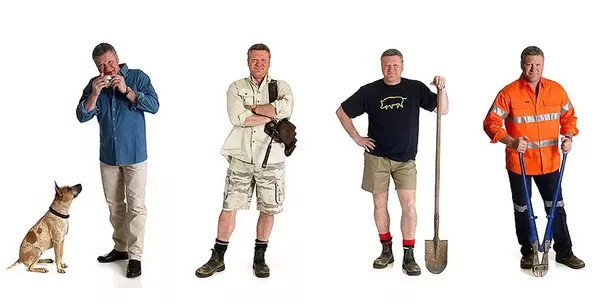Good question, Anon!
By design, they’re not supposed to. Linguistics makes a point of segregating them hierarchically:
- Phonetics: how individual sounds work
- Phonology: how sounds are organised into meaningful contrasts as phonemes
- Morphology: how phonemes are organised into meaningful components of words as morphemes
- Lexicon: how morphemes are organised into meaningful words
- Semantics: how the meaning of those words works.
The hierarchies are more leaky than we would like; they are convenient abstractions. There can be leakage between them. But by asking for semantics to meet phonetics, OP, you’re asking for an awful lot of leakage.
The closest I can think of is morphophonemes, which leak between phonology and morphology. Plural -s, for example covers both [s] and [z]. The two are clearly different phonemes of English now (though they didn’t used to be). You could argue that the neutralisation of contrast between the two in that context means that there is a single morphophoneme at work, -S, spanning /s/ and /z/. Enough of that kind of thing happens, through diachronic leakage, that Morphophonology is a thing.
That’s a bridge between morphology and phonology, anyway.
EDIT: Forgot to put in another leak: Sound symbolism. Phonemes are associated with particular vague vibes of meaning, and accordingly get used with naming particular concepts. It’s vague, it’s infrequent, it’s not reproducible (little sounds little, but does small?), and linguists usually get away with ignoring it outside the most explicit instances, in onomatopoeia. But it is a leak of some meaning from semantic classes down to phonetics.










